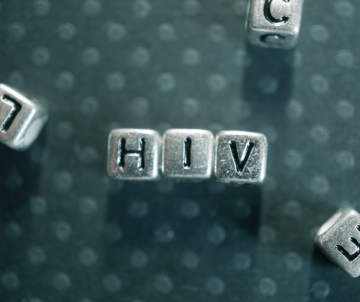Cannabis ingredients can affect childrens development, the study says

- Various concentrations of THC and CBD were administered to the fish for 5 hours.
- The results confirmed that cannabis has a negative impact on child development.
- The threat is also slower heart rate.
Fish study
The study focused on ribbed Danes that have similar human CBD and THC receptors. New research from Alberta University biologists says some of the key cannabis compounds could be harmful to developing children. Animal researchThis month, in Scientific Reports, he studied the effects of tetrahydrocannabinol (THC) and cannabidiol (CBD) in ribbed embryos.
"Cells, proteins, receptors, enzymes, and the way cells communicate in dunes are very, very similar to humans, "said biology professor Declan Ali.
Danes have similar human THC and CBD receptors.
Study results
At the critical stage of development known as gastrulation, embryos were exposed to different levels of THC and CBD for about 5 hours. In humans, gastrulation occurs in the third week of embryo development - early enough to allow pregnancy to remain undetected.
Higher concentrationhave led to a lower survival rate of Dania. The researchers also found a slower heart rate for almost all exposed fish. Also, the growth patterns of the embryos exposed to the compounds differed from those of the control group.
"There were distortions," A saidif.
Smoking grass can be dangerous to the development of teen's brain. Scientists have used much higher concentrations of THC than is usually found in human blood plasma after cannabis smoking. The amount was 10 times higher than usual, but only to account for the increased potency of THC in cannabis produced today.
Ali said it is difficult to transfer the results of THC and CBD effects directly to humans, but that a cannabis-tested experiment on fish can be as good as any other.
"I think what he tells us or suggests to us is that exposure to these compounds can affect the developing organism," he said. "That's something you should think about if you're expecting a baby."
